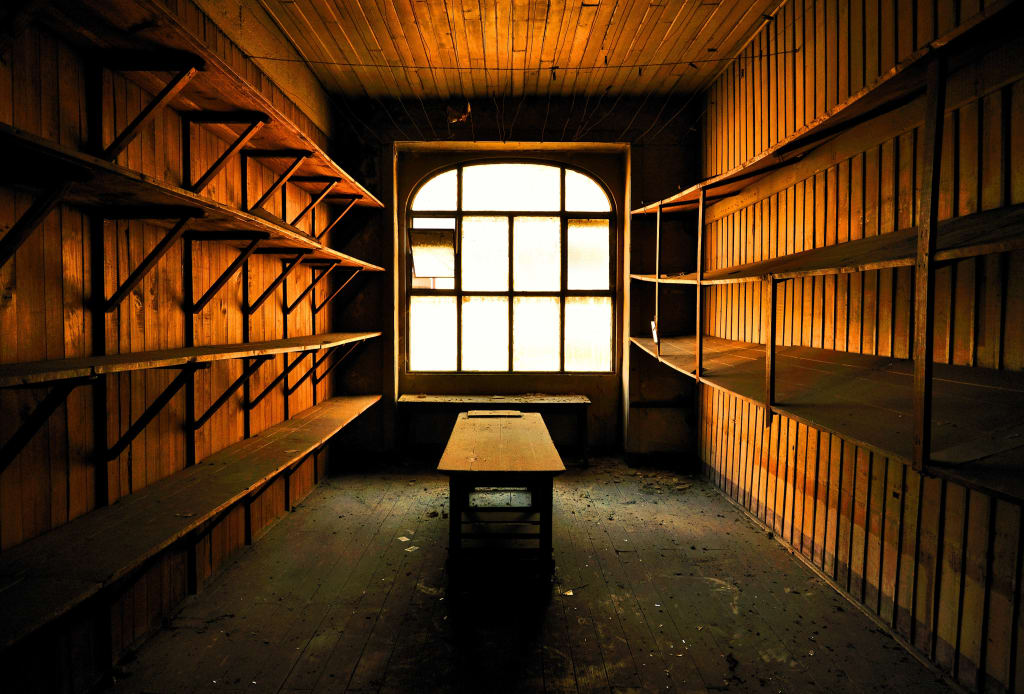Why I Gave Away Almost All of My Books
A large, full bookshelf was once a status symbol. It was a demonstration of how educated you were. Throwing books away is still considered heresy. But for me, they were just dead weight.

Reading is important
Without reading, we do not develop intellectually. Reading is the best way to get to know other points of view and to gain new knowledge.
But not only our intellect but also our imagination develops when reading. Furthermore, reading sharpens our understanding of language.
That is why novels are just as important as non-fiction or blog articles.
I can't deal with people who never read, because their horizons are limited, and you notice that when you talk to them. Television, videos, and computer games cannot replace reading because these media leave no room for the consumer's imagination.
When we read a book, each of us has something different in mind. We also read between the lines, and our brain fills in the blank spaces that appear in every text.
Everyone will imagine their favorite character in a novel a little differently, and everyone will hear a different voice in their head when reading.
Even the tone of voice is not predetermined when reading, unlike, for example, in a film.
So when I gave away almost all my books, I certainly didn't do that because I think reading is unnecessary or annoying.
Physical books are superfluous today
Why did people at some point stop carving characters into clay tablets? Why were books no longer written by hand after the invention of the typewriter? For what reason did people hardly buy hardcover editions after the introduction of the paperback book?
The answer to these questions is simple: we want content as quickly as possible and as cheaply as possible.
Writing by hand on paper is faster than scratching everything into a clay tablet. Information can be recorded and distributed more quickly.
Writing with a typewriter is much faster than writing a book by hand. Also, the production process is cheaper if it takes less time.
Paperbacks can be produced with less effort and material than hardcovers. Therefore they are delivered faster and can be sold cheaper.
Of course, the development did not stop after the invention of the paperback. Today we have entirely freed the written word from its physical form through the Internet and the invention of e-readers.
Except for a little energy, no matter is needed to create, reproduce, and sell a book.
So why should we still use our precious and expensive living space to store physical books today? Why should we continue to carry heavy boxes of books when we move into a new home?
The need to physically own a book simply no longer exists today. I make better use of the space freed up in my apartment now. I can only recommend to everyone to get rid of this extra ballast as well.
Physical books waste space and resources
Once we load more than twenty-four books onto an e-reader, the e-reader's carbon footprint is better than that of a printed book.
The production of an e-reader generates about twenty-four kilograms of CO2, while a book generates about one kilogram of CO2 emissions.
Therefore, the eco-balance of the e-reader from the twenty-fourth book onwards is better than that of the book.
These figures are taken from a study by the Ökoinstitut Freiburg (study in German) https://www.oeko.de/uploads/oeko/oekodoc/1179/2011-037-de.pdf
Furthermore, e-books do not, of course, have to be printed and transported. E-books also eliminate the need to store and destroy unsold books.
A printed book, therefore, wastes space in our homes, in warehouses and, when transported, also on our roads.
For me, these are convincing arguments that physical books are indeed superfluous today.
Please stop telling me that you have to smell and feel books
When I tell people that I only read on the e-reader, tablet, and mobile phone, most people react with incomprehension. Yet most people who defend the printed book have never read on a modern e-reader.
There is practically no difference to the printed book when it comes to readability. The modern e-ink technology and LED illumination, together with an anti-reflective display, ensure an eye-friendly reading experience by day and night.
When people can no longer think of a practical argument, they almost always say that they want to smell and feel a book. An e-reader cannot do that, they say. A book is also something sensual, they say.
Seriously? This is supposed to be an argument for sticking with an outdated technology that pollutes our environment, clogs up our streets, and blocks our living space?
To me, it's the same as if someone is desperate to drive their smelly old-timer because the driving experience is so unique. Environment? Sure, it is essential, but my nostalgic feelings are more important.
No, there are no understandable reasons for me to continue to stick to the printed book. I will never buy a paper book again.
Which books did I keep, and why?
The title of this article is Why I gave away almost all my books. This means that I have kept some books.
There are a few that I will read many more times. Of course, I don't want to repurchase these books as e-books, because that would be a waste. Of an estimated five hundred books, I have kept just under fifty.
So in total, I have given away about ninety percent of my books.
By the way: since I started reading electronically, I read more than before and spend less money.
And before the authors start shouting out that they have to make a living from writing: So do I, and I succeed well. The lower prices for e-books compared to printed books are justified, and they do not diminish the authors' earnings.
About the Creator
René Junge
Thriller-author from Hamburg, Germany. Sold over 200.000 E-Books. get informed about new articles: http://bit.ly/ReneJunge
Reader insights
Nice work
Very well written. Keep up the good work!
Top insight
Easy to read and follow
Well-structured & engaging content






Comments
There are no comments for this story
Be the first to respond and start the conversation.